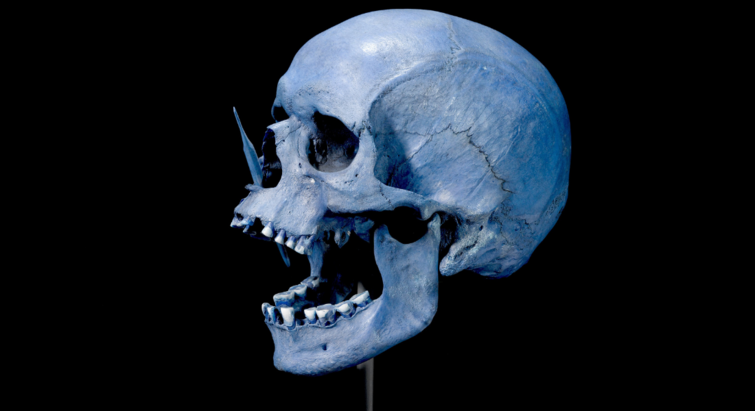
News about DNA, genes and proteins
Viser 73 til 96 af 174 dokumenter.


Bones from ancient humans unveils health of people in the Middle Ages

Bones from ancient humans unveils health of people in the Middle Ages

Newsletter #1 2024
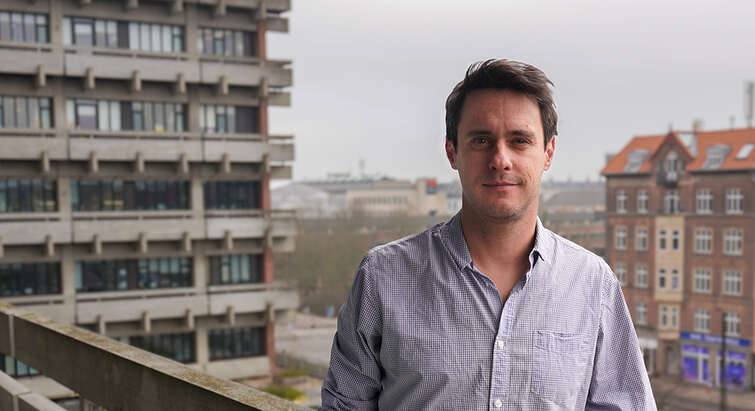
New BRIC group leader seeks a multi-expertise approach in research
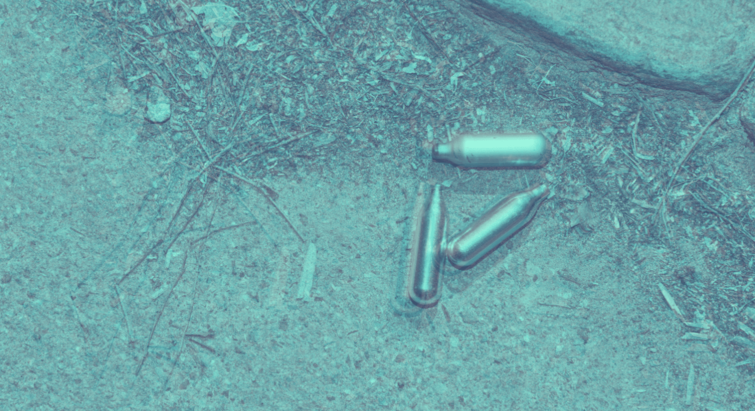
Blood test can detect laughing gas and help the police fight dangerous tendency

The Irony of Smoking to Stay Thin: Smoking Increases Belly Fat
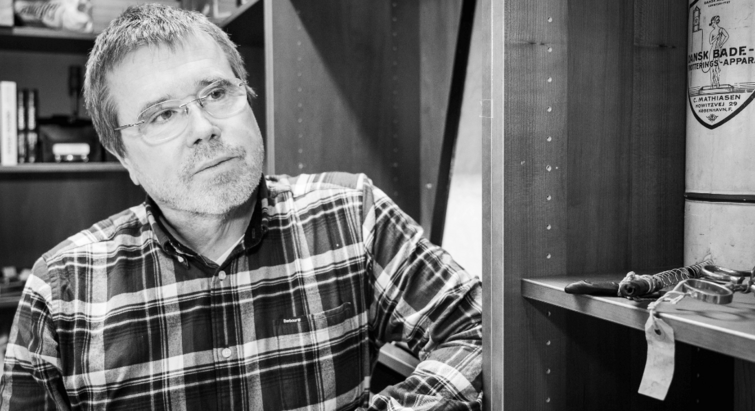
"Signs of a crime are visible on the body years after it has been committed”

Taconic Colony Management Solutions

Transnetyx genotyping services
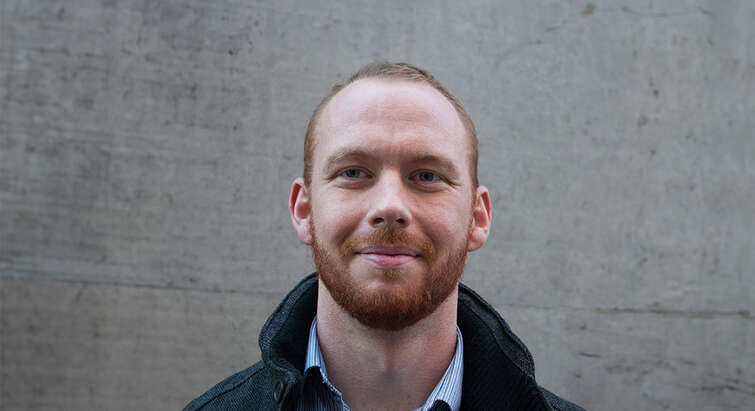
Protein design with deep learning
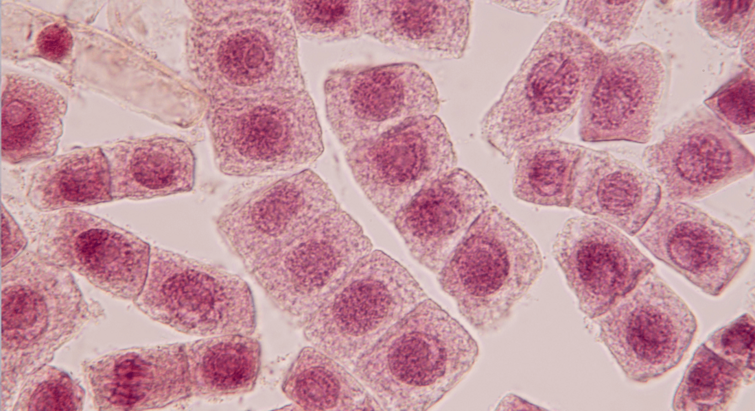
Secrets of cell division revealed by cutting-edge imaging technique

Scientists use blue-green algae as a surrogate mother for "meat-like" proteins

Scientists use blue-green algae as a surrogate mother for "meat-like" proteins
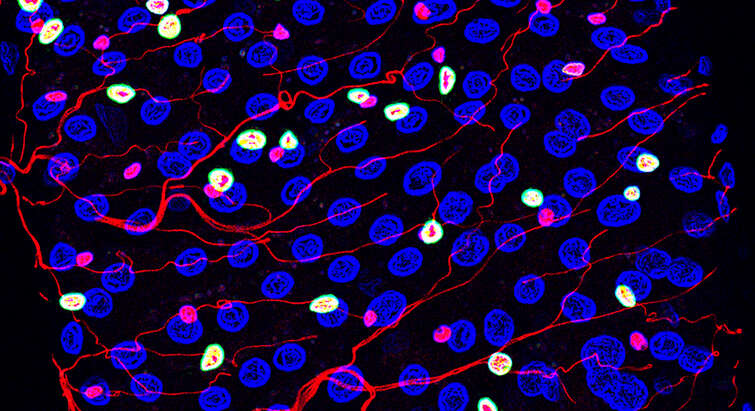
The small intestine adapt its size according to nutrient intake
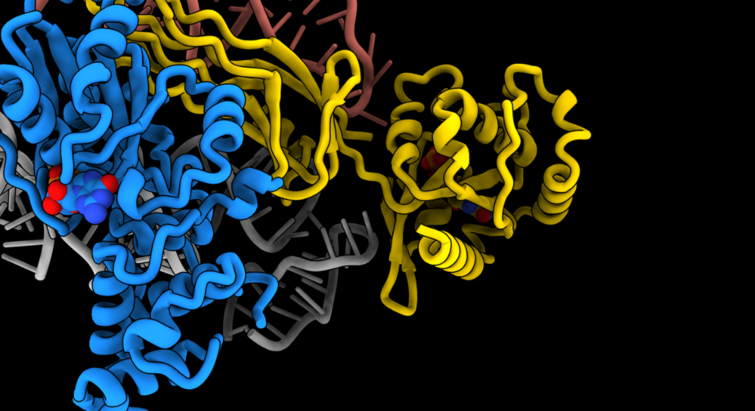
New 3D model: This is how the body’s building blocks are made

Impact of contaminated biological material in animals' health and in research data

Lundbeck Experiment
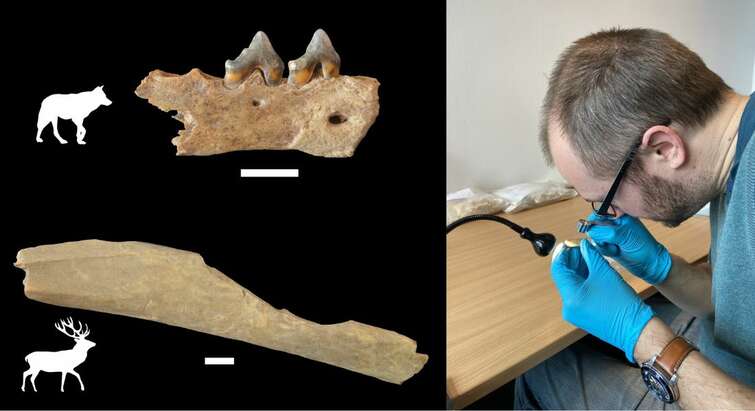
45,000-year-old bones shed light on modern humans’ arrival to Northwestern Europe
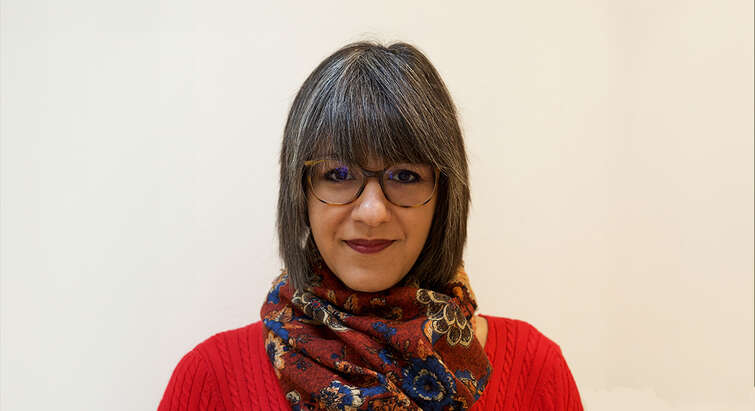
Azadeh Shahsavar receives a Pioneer Innovator 2023 grant
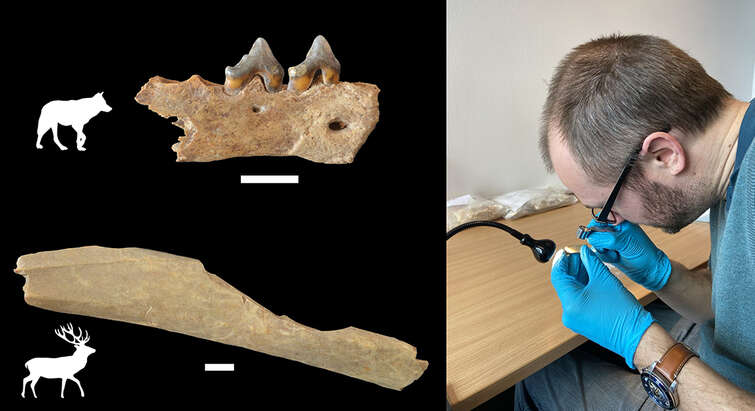
45.000-year-old bones shed light on modern humans’ arrival to Northwestern Europe
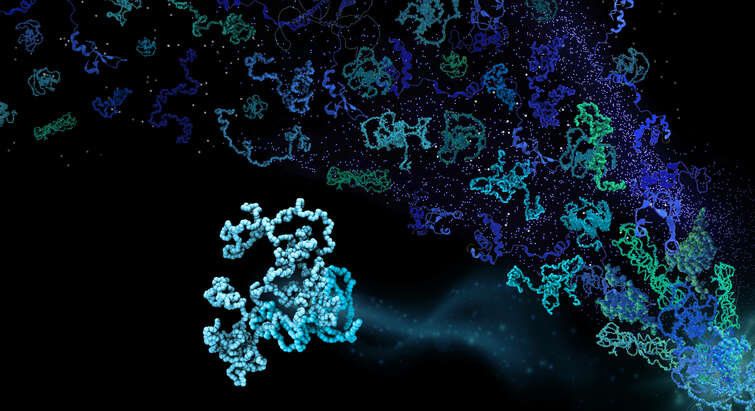
Bringing order to disordered proteins
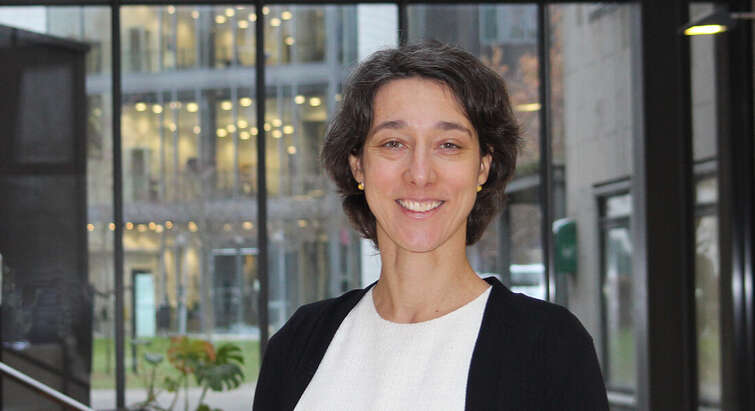
Céline Galvagnion-Büll is Associate Professor in Biophysical Pharmacology
